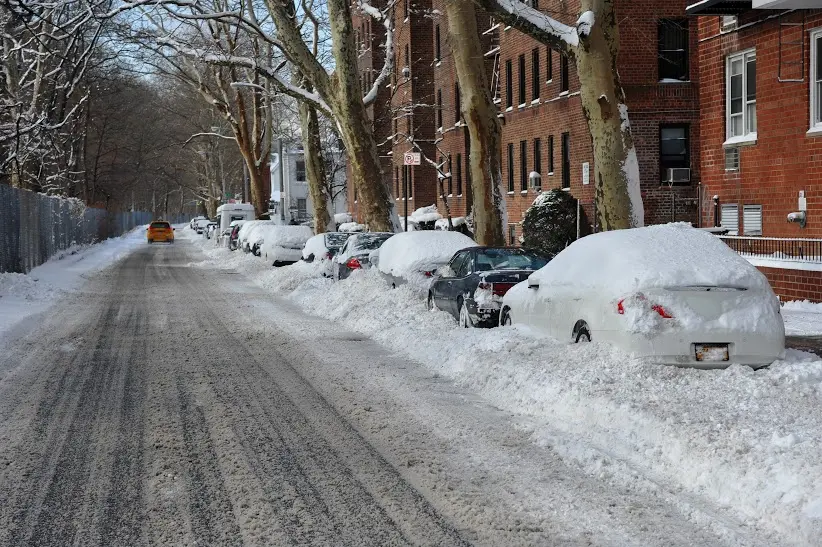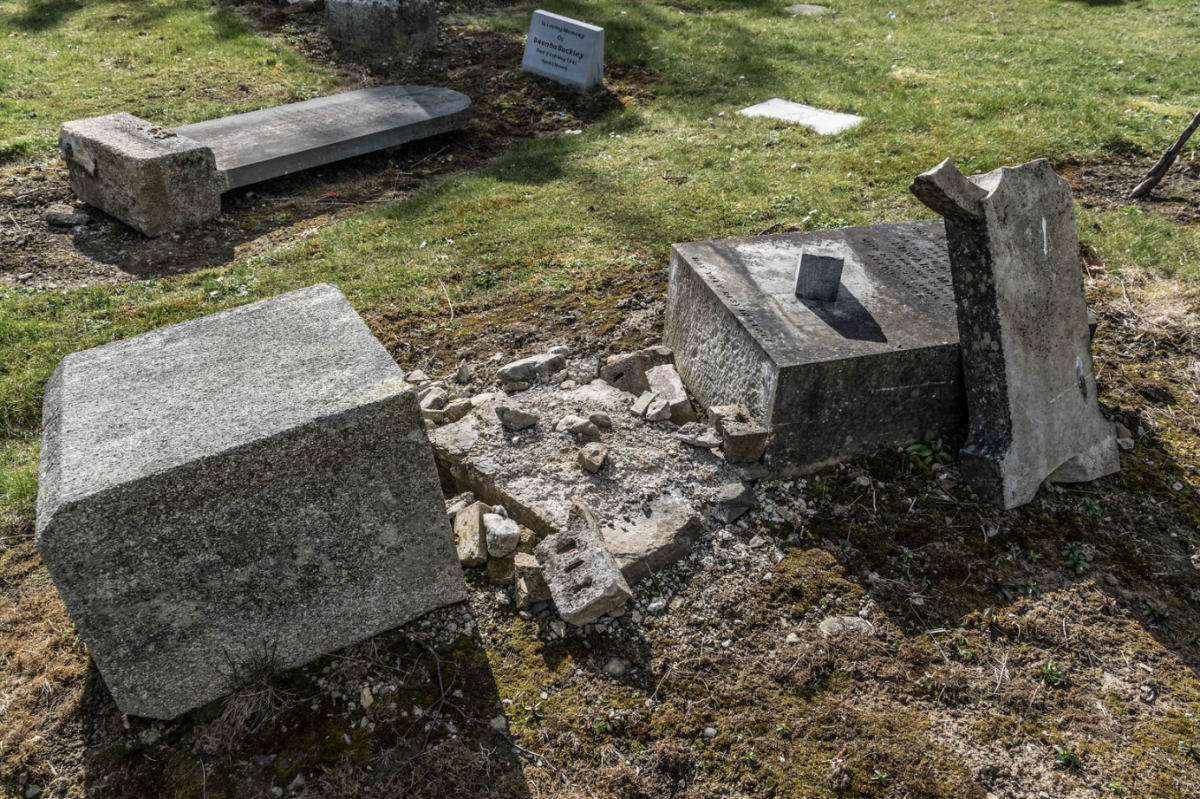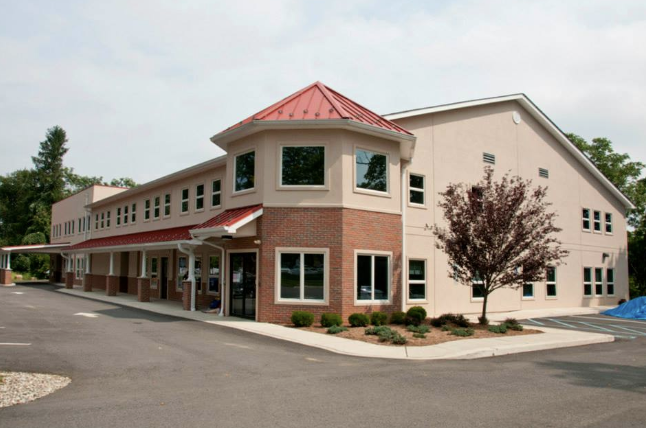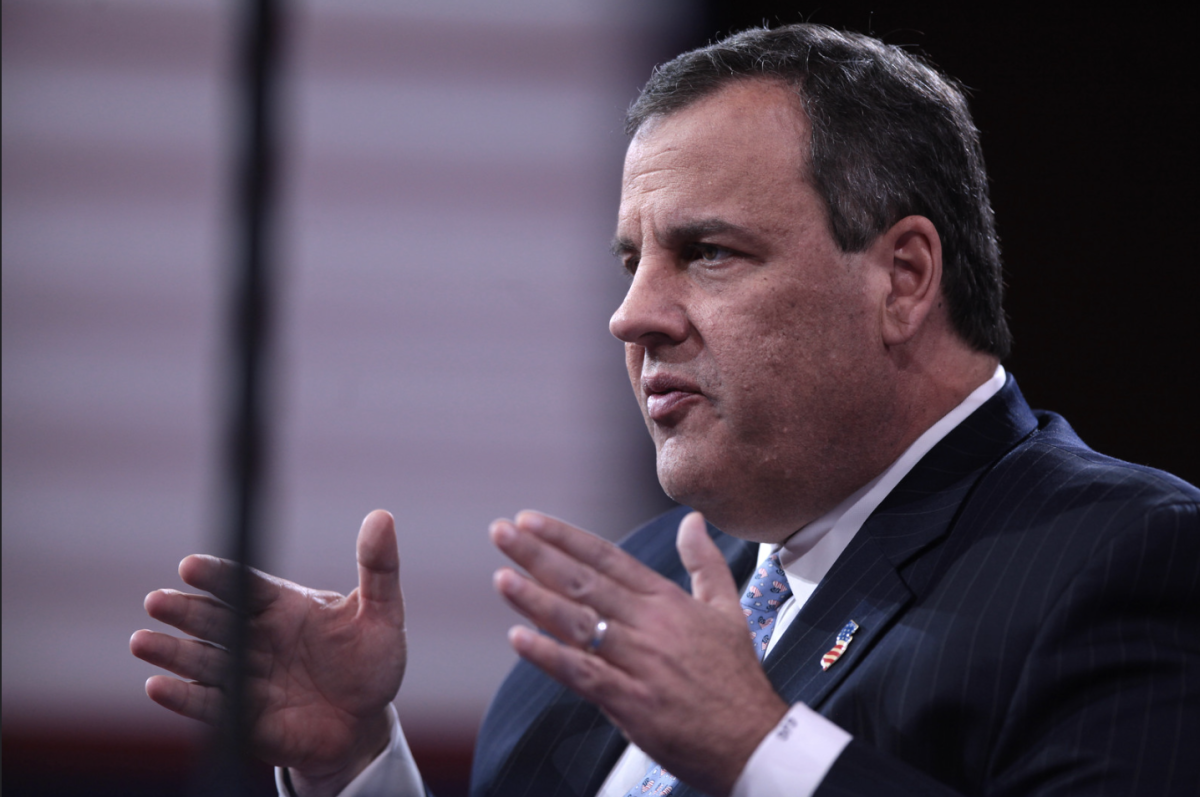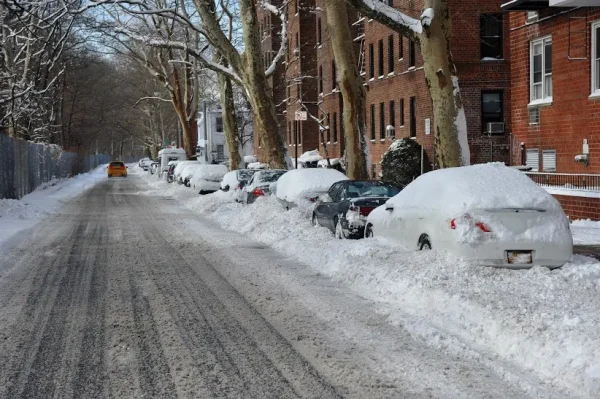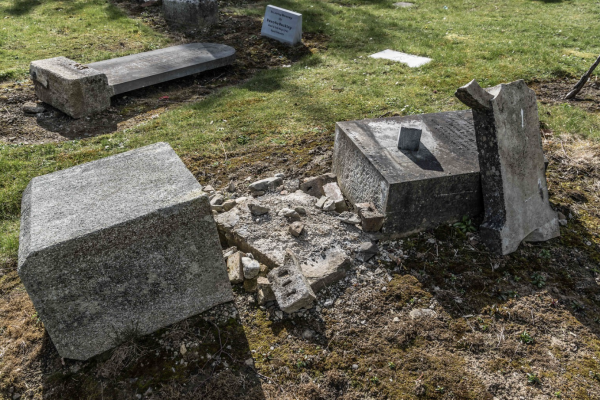Greek Elections: A New Beginning
March 28, 2015
Nearly three years ago, the last Greek election was held in June of 2012, during the Greek economic depression. And, for the first time ever, the left-wing party in Greece, SYRIZA, gained the majority in the Hellenic Parliament. Having secured 149 of 300 seats, the left-wing party found itself in its first majority ever. Despite this victory, SYRIZA managed to be two seats short of an absolute majority, although a victory at all most likely satisfies a political party that always finds itself facing a rival that holds more power. However, even though it found success in its legislative elections, Greece failed to elect one of the most important positions held in their government: their president.
After ten years of presidential stagnation, Greece finally decided that its president needed a new face. With current president Karolos Papoulias swiftly approaching 86 (twenty-one years past retirement age in the United States), Prime Minister of Greece Antonis Samaras pushed the elections forward by a few months in order to find both a new president and new members of Parliament.
On January 25th of 2015, Greece held elections originally scheduled for December of 2014. In December, after failing to formally elect a president by the third round of voting, prime minister Samaras asked president Papoulias to dissolve Parliament. Papoulias carried out this request, leaving the new Parliament to reconvene on February 5th after the January elections. Finally, on January 26th, Alexis Tsipras was sworn in as Prime Minister of Greece. However, Greece still does not have a new president, and based on past elections, may not have one for a while as the rounds progress.
Over the past couple of years, Greece has struggled to recover from its economic hurdles and issues with debt. With nearly 110,000 Greek companies filing for bankruptcy, Greece’s depression seemed like a gray cloud that refused to move. Now, with a new parliament and a new president, Greece may find that a new president and parliament just may be what pushes away the depression overshadowing the country and its economy.

